information Governance Glossary
There are currently 12 terms in this directory beginning with the letter D.
Dark data
Also called Digital bulk - Dark data are everywhere and, when they are not well structured like on shared network drives, they lead to difficulties in accessing information or to an excessive waste of time by users trying to find the right documents.
Data mining: Or data mining
A set of methods and techniques for extracting information from large amounts of data. Its use allows for example to establish correlations between these data and to define typical customer behaviors.
Data privacy
Data privacy, also called information privacy, is the aspect of information technology (IT) that deals with the ability an organization or individual has to determine what data in a computer system can be shared with third parties.
Data Privay
Any information that is created, received, stored or used in an electronic medium e.g. documents, database systems, email, audio and video recordings. Refer to the definition of a Record.
Data room
In the context of a merger-acquisition operation, the data room is the place where all the legal, tax, accounting and economic documents of a company are made available to potential buyers and their advisors to perform the acquisition audit (or "due diligence"), in order to assess the real situation of this company and the value of their assets
Deep learning
Type of machine learning and artificial intelligence (AI) function that imitates the workings of the human brain in processing data and creating patterns for use in decision making.
Digital sobriety
The approach that consists in designing more sober digital services and moderating one's daily digital uses (definition by Frédéric Bordage, creator of Green It)
Discovery
Legal concept, about having a lasting record of an individual’s intent. It is intended to provide a secure and accurate identification method for the signatory to provide a seamless transaction
Disposal
The process of destroying records that are no longer needed. It is one of the three possibilities for the final treatment of records pro¬posed in a document repository (with final retention and sorting).
Documentary repository
State of the documents produced by a company, reflecting its organization and used to manage its archives. It sets out the life cycle of each type of document: retention periods, communication rights, final treatment, possible sorting operations, preservation operations according to its medium, etc.

